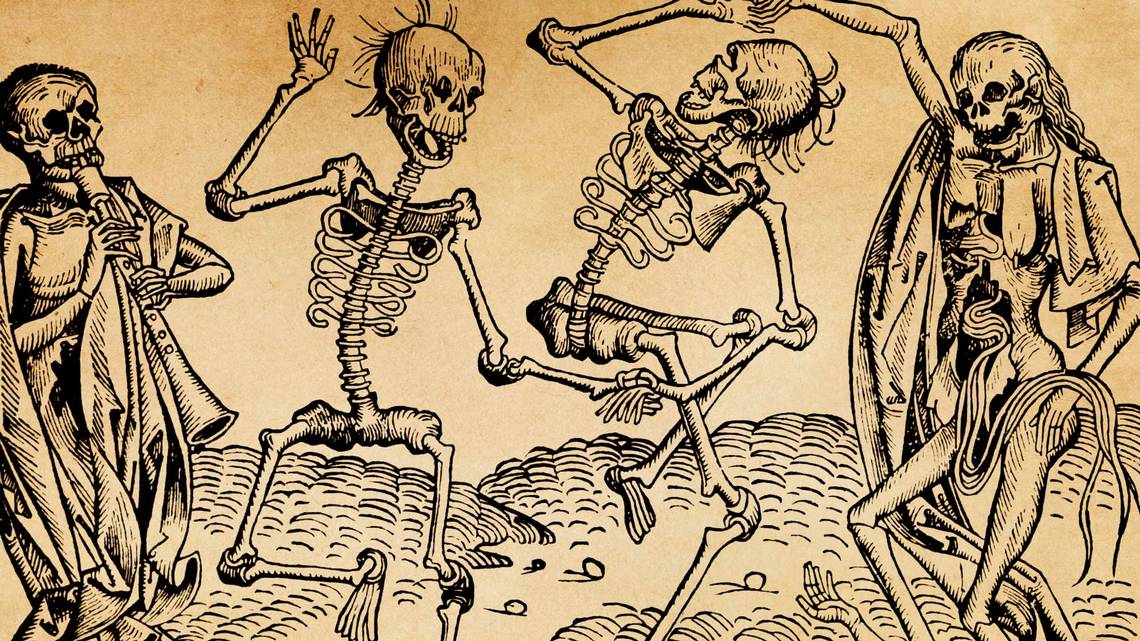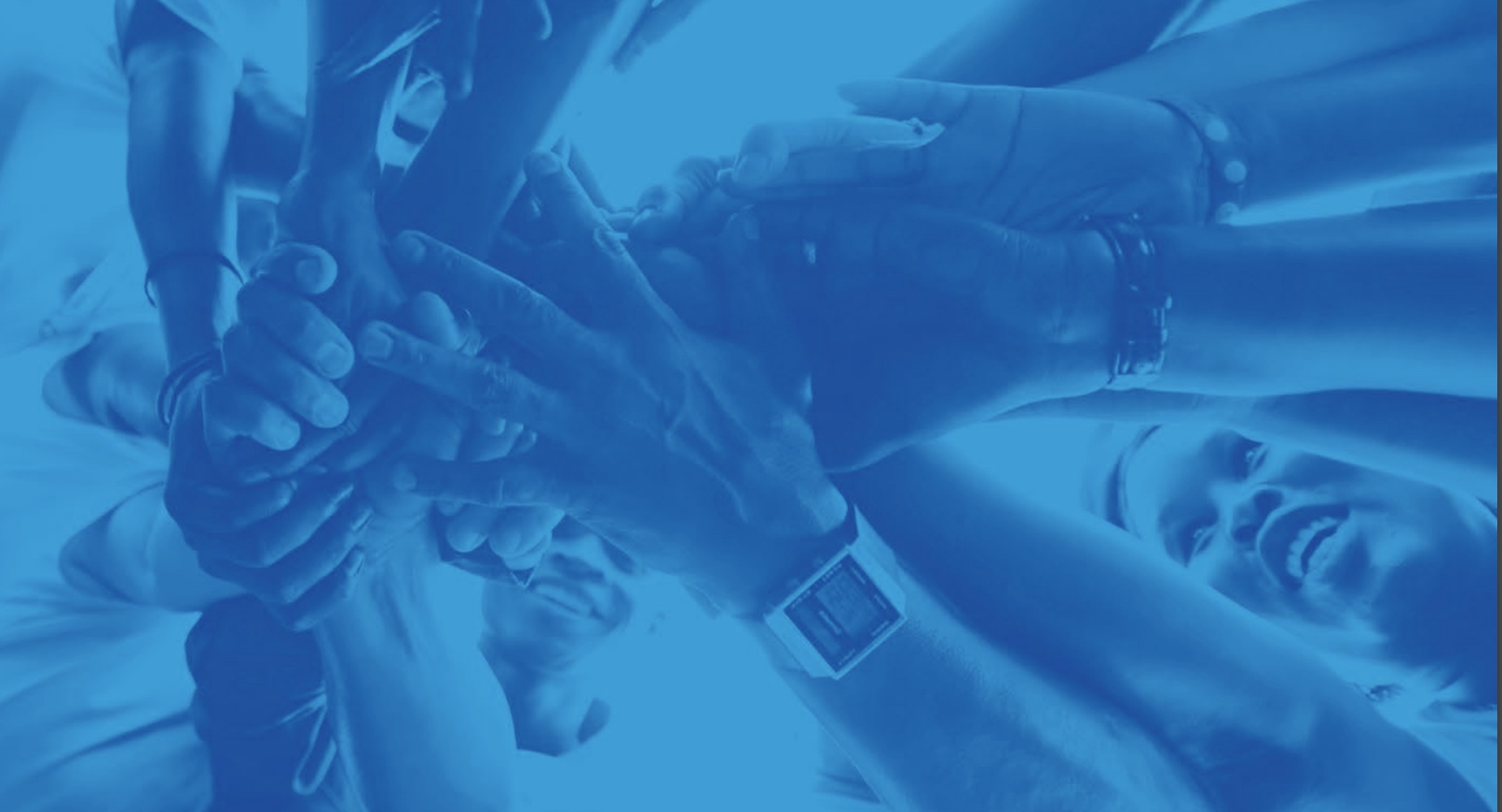Social policy involves managing risks. But we, the people, are not good at this. We fear some things that are unlikely, while ignoring other very real dangers. In some cases, our fears are irrational. In other cases, our fearlessness is rash and uninformed.
Our track record is not reassuring. Over 1 million people in the U.S. have now died of COVID-19. The Kaiser Family Foundation estimates that 234,000 of the deaths that occurred since vaccines became available could have been prevented by vaccination. But some people are more afraid of the vaccine than the disease.
This makes you wonder whether we will make wise choices with regard to gun violence. The schoolroom massacre in Uvalde, Texas was horrifying. One event like this seems to be too many. The good news is that most schools remain safe. Mass school shootings remain rare. An analysis published in Scientific American reports that since 1966, there have been 13 mass school shootings (with four or more victims). But the carnage is horrific, with 146 people killed.
And many more people die in “ordinary” gun violence and from firearm suicide. The Pew Center reports that in 2020 — the most recent year of complete data — more than 45,000 people were killed by guns. More than half of those deaths (about 24,000) were from suicide.
These numbers are appalling. But how do they compare with other risks? One point of comparison is drug overdose deaths. The National Institutes of Health reports that in 2020, nearly 92,000 people died from drug overdoses. This is another appalling number.
We might also consider traffic fatalities. The California Department of Transportation reports that in 2020, nearly 39,000 people died in car crashes. This means that in 2020, more people died from guns than from car crashes. But more people died from drug overdoses than from car crashes and gun violence combined.
So how do we compare these depressing apples and oranges? Well, the benefits of cars are obvious. We need them to get to work. But are guns such an obvious necessity? Some view them as necessary for self-defense. Others enjoy shooting as a fun hobby. And a few believe that an armed populace prevents the slippery slope toward authoritarianism. Are those supposed benefits worth the annual bloodbath? What level of carnage is acceptable?
Some ask whether any of this is acceptable. Earlier this year, U.S. Secretary of Transportation, Pete Buttigieg, announced the ambitious goal of reducing traffic fatalities to zero. Buttigieg said, “We cannot and must not accept that these fatalities are somehow an inevitable part of life in America.” What if we had a similar goal of zero deaths with regard to COVID-19, drug overdoses, or gun deaths? This seems impossible. But that all depends on what we are willing to trade off and what we accept as inevitable.
Imagine what we’d need to do to eliminate automotive fatalities. We’d need safer cars, better roads, and more enforcement. Drivers would need better training. We’d need to eliminate drinking and driving, as well as cell phone distraction. And we might have to change the speed and size of our vehicles.
A similar comprehensive agenda would be needed to reduce gun violence and drug overdose death. Are we willing to make those kinds of changes? Or are we willing to tolerate all of this misery and death?
Some gun control measures seem blatantly obvious. One step would be to coordinate gun ownership with the legal drinking age, as it is in California. The Scientific American analysis indicates that the average age of mass school shooters is 18. The Uvalde murderer bought his weapon legally after he turned 18. It makes little sense for 18-year-olds to be able to purchase assault weapons, as they can in Texas, when they are not old enough to buy beer or cigarettes.
But even that modest proposal is controversial in a world out of whack. I am frankly not very hopeful that we’ll do much to reduce any of this American carnage. Our nation is too polarized. And we are not good at managing risk. But if we are going to move in the right direction, we’ll need to keep asking how much blood and how many tears we are willing to accept.
Read more at: https://www.fresnobee.com/opinion/readers-opinion/article262100462.html#storylink=cpy




